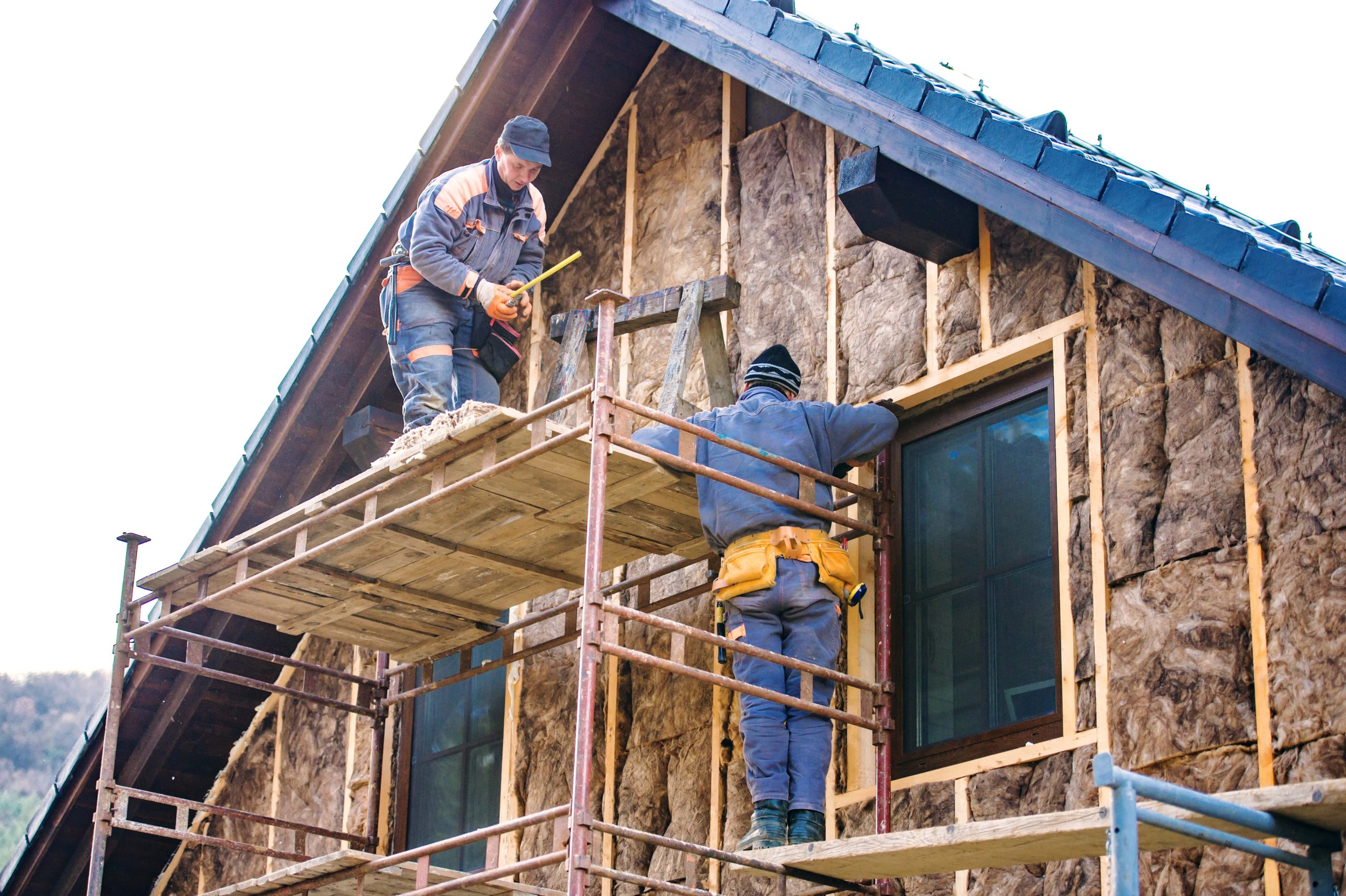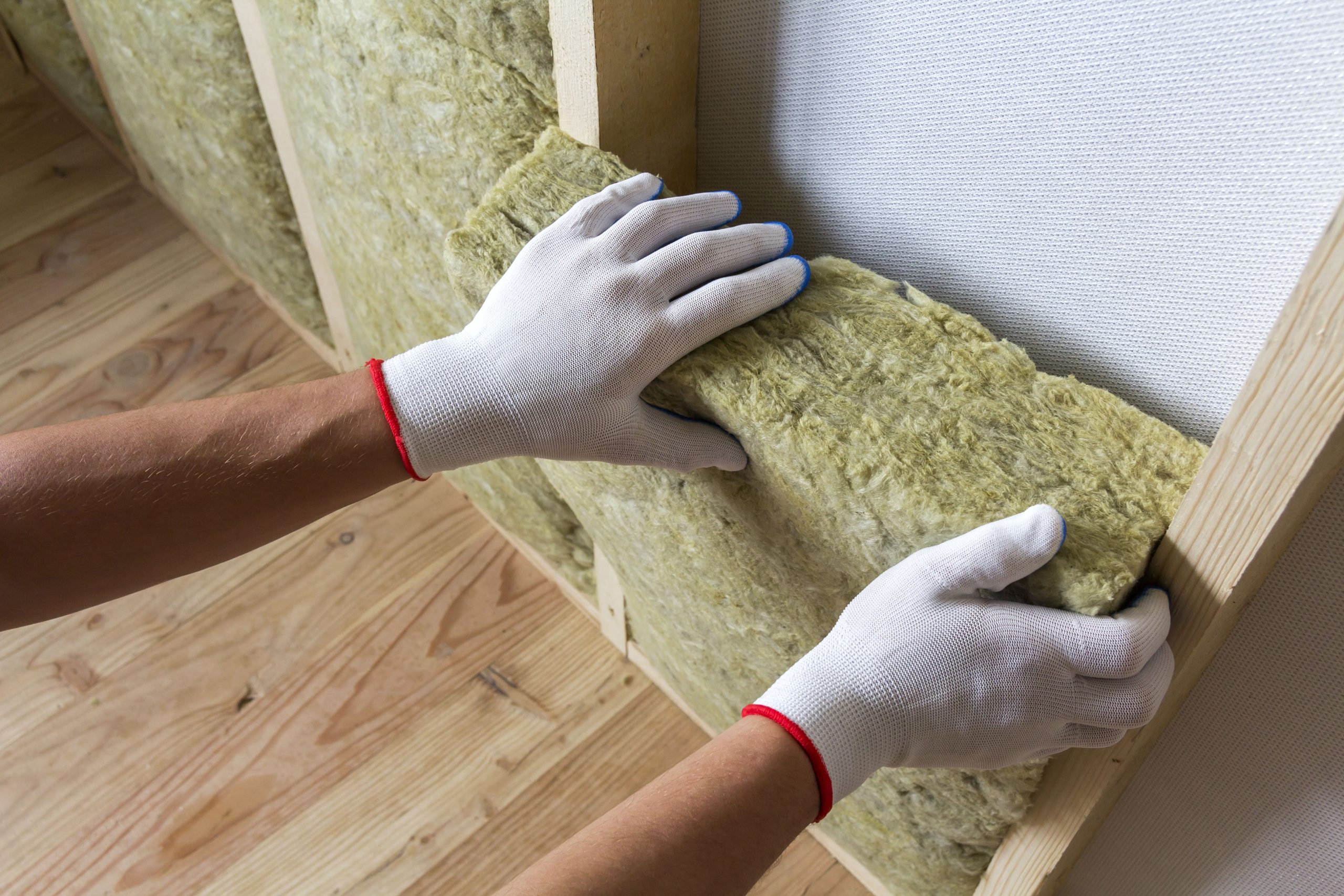Stone Wool (Rockwool) Insulation
Stone wool is a type of insulation material that is made from natural rocks, typically basalt or volcanic rock. The production process involves melting these rocks at high temperatures and then spinning the molten material into fibers. These fibers are then bound together to create a dense and fire-resistant insulation material. Stone wool is commonly used in construction for its excellent thermal insulation properties. It is also known for its resistance to fire and ability to provide acoustic insulation. The material is versatile and finds applications in various building and industrial contexts where effective insulation is required. You can find many benefits of stone wool in our article.
-
Noise insulation
Stone wool is highly effective in absorbing and dampening sound, making it an excellent choice for noise insulation. It helps create quieter and more comfortable indoor environments by reducing the transmission of sound through walls, ceilings, and floors.
-
Fire safety
Stone wool is inherently fire-resistant. It can withstand high temperatures without melting or contributing to the spread of flames. This property enhances fire safety in buildings, providing valuable time for evacuation and minimizing fire-related damage.
-
Compressive strength
Stone wool exhibits strong compressive strength, making it durable and able to withstand the pressure of load-bearing applications. This characteristic is particularly beneficial in construction elements that require structural support.
-
Thermal insulation
One of the primary advantages of stone wool is its exceptional thermal insulation properties. It helps regulate indoor temperatures, reducing energy consumption for heating or cooling and contributing to overall energy efficiency in buildings.
-
Ease of installation
Stone wool products are typically designed for easy installation. They come in various forms such as rolls, batts, or boards, allowing for flexibility in application. This ease of installation can save time and effort during the construction process.
-
Indoor Air Quality
Stone wool is inert and does not emit harmful gases or particulate matter, contributing to good indoor air quality. This is particularly important for occupant health and well-being.
-
Moisture Resistant
Stone wool is resistant to moisture, preventing the growth of mold or mildew. This resistance helps maintain the material’s integrity over time and contributes to the longevity of the insulation.



